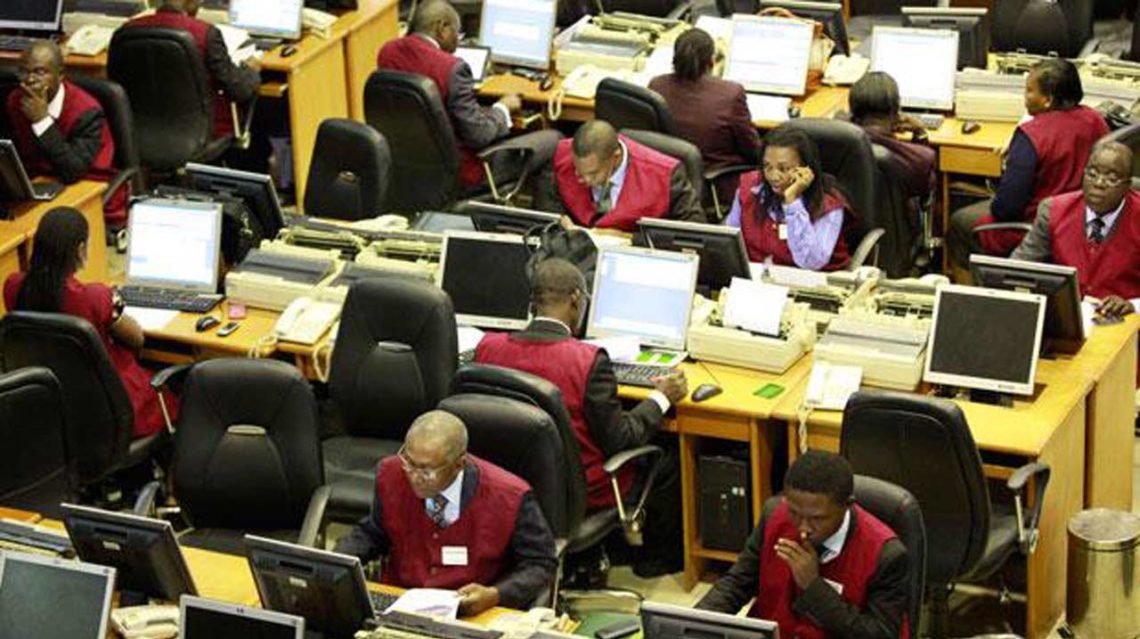Local investors in Nigeria have continued to deepen equity market position despite rising inflation and currency volatility in the foreign exchange market as they were major drivers of the Domestic & Foreign Portfolio Investment.
This was revealed in the latest Domestic and Foreign Portfolio Investment (FPI) July 2022 report. The Domestic and Foreign Portfolio Investment Report is prepared on a monthly basis by NGX Regulation Limited, with trading figures from market operators on their Domestic and Foreign Portfolio Investment (FPI) flows. These transactions are carried out by Domestic and Foreign investors.
The total transactions done by domestic investors on the floor of the Nigerian Exchange Limited (NGX) grew by N1.490 trillion as against N273.16 billion recorded by foreign investors in the first seven months of 2022.
This meant that total domestic transactions on the NGX grew by 84.51 per cent while foreign transactions grew by 15.49 per cent. Year-to-date, total domestic and foreign portfolio investment printed N1.76 trillion, a 56.8 per cent year-on-year increase from N1.12 trillion reported in the same period last year. This portends a positive uptrend back to an almost a 15-year high of N3.56 trillion in 2007 before the global financial crisis.
Over a 15-year period, domestic transactions decreased by 58.80 per cent from N3.556 trillion in 2007 to N1.465 trillion in 2021, whilst foreign transactions also decreased by 29.38 per cent from N616 billion to N435 billion over the same period.
Also, total domestic transactions accounted for about 77 per cent of the total transactions carried out in 2021, whilst foreign transactions accounted for about 23 per cent of the total transactions in the same period.
Analysts noted that investors’ participation in the Nigerian equities market is gradually waning despite Nigerian stocks being among the cheapest and relatively attractive stocks in the world.
According to Cowry Assets Management Limited, but a catch of hope lies in the continued outperformance by domestic both retail and institutional investors over their international counterparts in equities trading by a 42 per cent difference.
“Away from the notion that foreign investors have always exhibited apartheid during this time in a pre-election season when they opt to aggressively exit Nigerian equities with the institutional investors threading the same path, the declining sentiment in the market has paved the way for some reconsiderations and portfolio rebalancing efforts by these investors.”
It added that “in our opinion just like in the June edition where we averred that local institutional investors may have more incentive to remain in the market despite the rates hike by the Central Bank of Nigeria (CBN) and other central bank chiefs across the globe in July, and regardless of the expectations that listed corporates will continue to deliver strong profit growth, we reckon that sustained upward pressure on interest rates will continue to create apathy towards risk assets like equities for investors, especially the risk aversed investors.”
The chief operating officer of InvestData Consulting Limited, Mr Ambrose Omordion said that “It is a good thing that domestic interest is building in the market; it is really positive. This is what we have been clamouring for, where the local investors will be the drivers of the market. What we, typically, see is that domestic investors follow the investment pattern of the foreign investors whereby if we see that they are buying, we will buy and if we find out they are selling, we will sell.”
A stockbroker with Calyxt Securities Limited, Tunde Oyediran, noted that in the last three years, equity market transactions have been dominated by domestic investors, which is a good development to the market.
Oyediran also noted that foreign investors’ low patronage of the stock market has been attributed to scarcity of foreign exchange (FX), saying transactions in the local bourse used to be dominated by foreign investors until 2019, when the domestic investors took over the lead.
An entrepreneur and business management expert, Dr Timi Olubiyi, said “it is a good thing that domestic interest is building in the market; it is really positive. This is what we have been clamouring for, where the local investors will be the drivers of the market. What we, typically, see is that domestic investors follow the investment pattern of the foreign investors whereby if we see that they are buying, we will buy and if we find out they are selling, we will sell.
“If domestic investors are not driving the market you see that some stocks are trading at crazy multiples where they should not be. Now, that we are seeing a lot of domestic participation, there will be some sort of credibility and relative stability in the market.”




